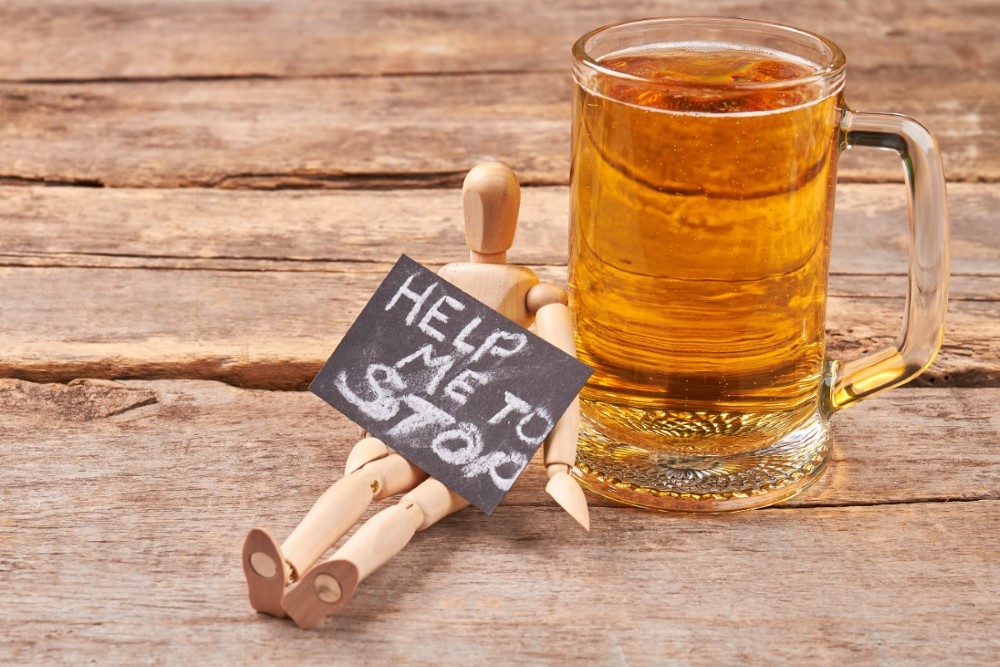Embracing the First Steps: Month 1
Your journey begins here. The first month is often about detoxification and facing physical withdrawal symptoms. You might feel a range of emotions from relief to uncertainty. It’s crucial to establish a support system, whether it’s through therapy, support groups, or trusted loved ones. Focus on self-care and understand that every small step is progress.
Building Foundations: Month 2
As your body starts to adjust, the second month might bring mental and emotional challenges. This is when you start to delve deeper into the underlying causes of addiction with a therapist or in support groups. You’ll likely begin learning coping strategies and may start to revisit daily routines. Recognize the importance of routine in providing stability.
Deepening Understanding: Month 3
You’re now starting to get a handle on your recovery process. This month may involve addressing past trauma or negative patterns that have contributed to addiction. It’s also a period where you might begin to see significant changes in your personal outlook and relationships.
Navigating Challenges: Months 4 to 6
During these months, you might face tests to your newfound resilience, like dealing with cravings or managing social situations involving substance use. You’re learning to apply the coping skills you’ve acquired. Embrace hobbies or activities that bring you joy and fulfillment.
Solidifying Recovery: Months 7 to 9
Here, the focus shifts from immediate recovery to long-term sobriety planning. You might start setting new goals or repairing relationships. It’s a time to think about how to utilize your strengths in a future free of addiction.
Reflecting and Growing: Months 10 to 12
As you approach the one-year mark, it’s time for reflection. Assess your growth and recognize the challenges you’ve overcome. This period might also bring up fears about relapse. Strengthen your support network and remind yourself of the coping strategies that work for you.
Controversial Aspects and Varied Perspectives
Throughout your first year, you might encounter differing opinions on recovery methods – from medication-assisted treatments to holistic approaches. Stay informed about these varied approaches and remember that recovery is personal and non-linear. Be open to adjustments in your recovery plan as you learn more about what works best for you.
Acknowledging the Problem: The Gateway to Recovery
The most crucial step in overcoming addiction is recognizing there’s an issue. This act of acknowledgment isn’t just a formality; it’s a profound realization that sets the entire recovery journey in motion. As you begin to explore what the first year of recovery looks like, understand that this initial step of admission is your foundation.
Navigating the Four Key Stages of Recovery
In the realm of addiction recovery, the journey typically unfolds through four pivotal stages:
- Treatment Initiation: This first stage is a big leap where you decide to get help for your addiction. It’s a time of significant change, setting the tone for the following months.
- Early Abstinence: As the journey progresses, the focus shifts to resisting the urge to relapse. This period is critical and often aligns with the initial months of recovery where you’re grappling with physical withdrawal and learning coping skills.
- Maintaining Abstinence: Beyond initial abstinence, maintaining sobriety becomes central. This stage is usually concurrent with the middle months of the first year, where you’re applying learned skills to avoid relapse and developing a deeper understanding of personal triggers and coping mechanisms.
- Advanced Recovery: This final stage is about building a sustainable, substance-free life, focusing on long-term goals and personal development. It typically aligns with the latter part of the first year into subsequent years.
Embracing National Recovery Month
Each September, National Recovery Month serves as a beacon of hope and awareness, shining a light on the struggles and triumphs of those on the path to recovery. It highlights the importance of understanding mental health and substance use disorders. This observance also resonates deeply during the first year of recovery, reminding individuals of the broader community and collective support available, inspiring continued commitment to the recovery journey.
Future Trajectory: Navigating Recovery’s First Year
Your journey through the first year of recovery is more than just a timeline of events; it’s a transformative experience that shapes your future. Understanding what lies ahead each month empowers you to approach recovery with knowledge, preparation, and optimism. The shifts and developments you encounter will significantly influence your long-term sobriety and personal growth.
Anticipating Change and Embracing Growth
As you progress through the early stages of recovery, expect each month to bring its own set of challenges and victories. Initially, you may grapple with withdrawal symptoms and emotional volatility, but as months progress, the focus will gradually shift towards deeper self-understanding and rebuilding your life. This evolving landscape is crucial for laying a foundation for lasting change.
The Ripple Effect of Recovery Milestones
Every step forward in your recovery journey not only marks personal achievement but also casts wider ripples in your life. Achievements like maintaining sobriety for a month, learning new coping skills, rebuilding relationships, or returning to work, all contribute to a strengthened sense of self and purpose. These milestones are pivotal markers that remind you of how far you’ve come and what’s possible ahead.
Preparing for the Long Haul
Remember, the first year of recovery is just the beginning. The habits, coping mechanisms, and insights you gain during this year serve as crucial tools for the ongoing journey. As you move from month to month, building on each experience, you lay the groundwork for a sustainable, fulfilling life beyond addiction.
A Guide for Lifelong Resilience
Your journey through the first year isn’t just about avoiding relapse; it’s about cultivating resilience that stands the test of time and adversity. By anticipating and navigating the various stages and changes each month, you’re not only surviving; you’re learning how to thrive in your new life. This guide serves as your companion, helping illuminate the path forward with hope and practical strategies.
If you’ve been navigating through the intricate path of recovery, know that you’re not alone in this journey. The road to reclaiming your life, month by month, is both challenging and rewarding. We’d love to hear about your experiences and insights, and invite you to join a deeper conversation. Whether you’re just starting or are well into the first year, your stories and questions are invaluable. Let’s connect and explore these crucial steps together, sharing wisdom and strength as we move forward on this transformative path.




